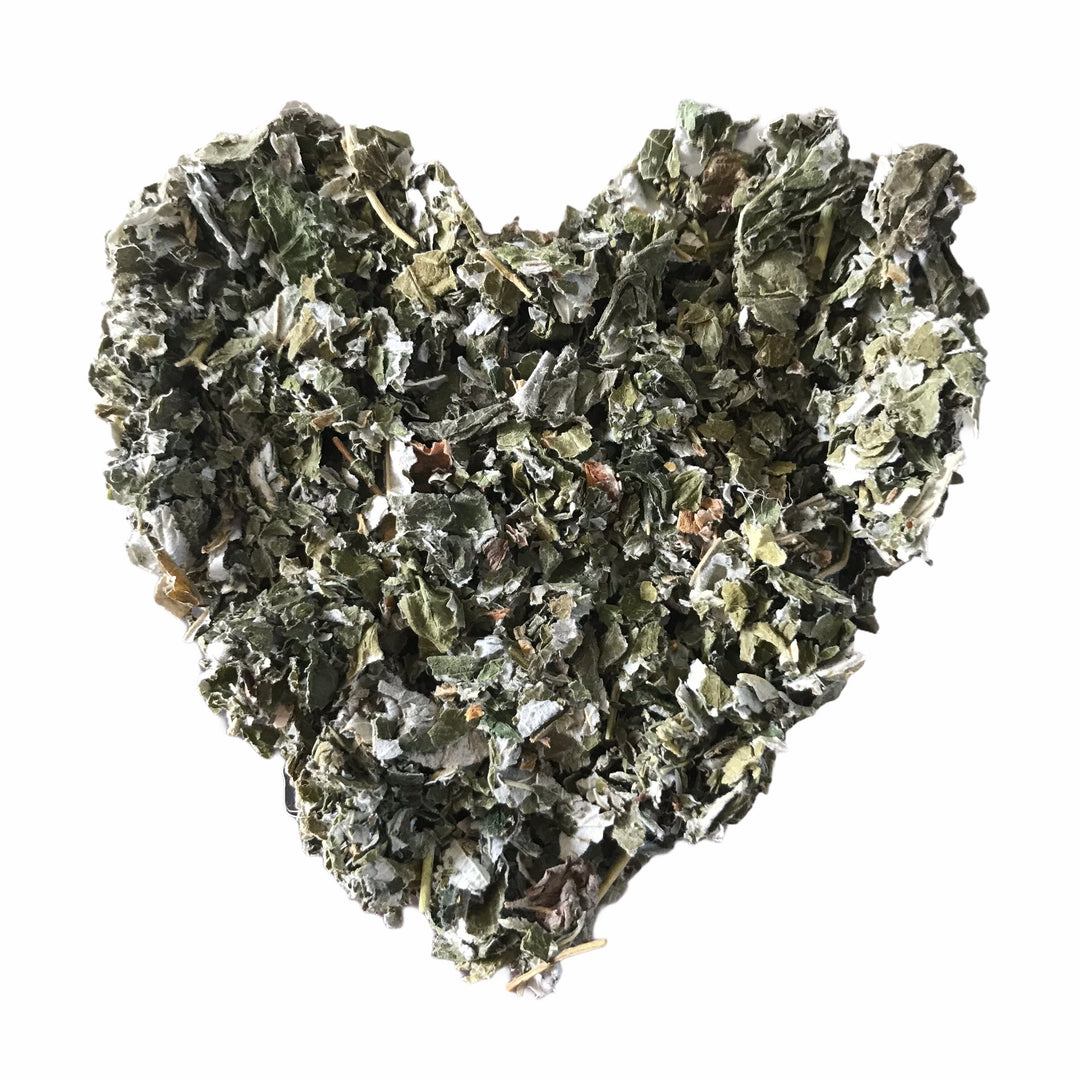
Raspberry Leaf - Rubus idaeus - Organic
- Fast Dispatch - Tracking & Signature Inc.
- Low stock - 4 items left
- Backordered, shipping soon
The fruit is lovely, but the healthful properties in the leaves, root and bark are so valuable, raspberry is known as the "Woman's Herb". Species Rubus idaeus, family Rosacaea, raspberry is a relative of the rose, famous for vitamin C in the rose hip. Raspberry Leaves (and fruit) are rich in citric acid, malic acid, tartaric acid, citrate, malate and tartarate of iron, potassium and calcium, calcium and potassium chloride, sulphate and phosphate, pectin, fragrine (an alkaloid that tones the tissues), a volatile oil, vitamins A, B, C, E, and fructose. The action is astringent, tonic, refrigerant, parturient, hemostatic, anti-septic, anti-abortient, anti-gonorrheal, anti-leucorrheal and anti-malarial.
The raspberry is native to many parts of Europe and Northern America. The leaves of the raspberry plant have been used as a medicinal herb for centuries. They are thought to have many varied properties including those that are beneficial for pregnancy, childbirth and breastfeeding.
It is believed that raspberry leaf, if taken regularly through pregnancy and labour can:
- Ease the symptoms of morning sickness.
- Sooth and prevent bleeding gums which many pregnant women often experience.
- Relax the smooth muscles of the uterus when it is contracting (Burn & Withell, 1941).
- Assist with the birth of the baby and the placenta.
- Calm cramping of the uterus.
- Provide a rich source of iron, calcium, manganese and magnesium. The magnesium content is especially helpful in strengthening the uterine muscles. Raspberry leaf also contains vitamins B1, B3 and E which are valuable in pregnancy.
Raspberry leaf is also used for the following:
- To aid fertility.
- To promote a plentiful supply of breastmilk.
- To help stop excess bleeding after birth.
- To treat diarrhoea.
- To regulate irregular menstrual cycle and decreases heavy periods.
- To relieve sore throats.
- To reduce fever.
It is thought that around one fifth of pregnant women take some form of raspberry leaf. Women believe that it will shorten labour and make the birth easier. The use of this herb for remedial purposes dates back to the sixth century and its benefits in childbirth have been recorded as a proven aid in maternity in the most ancient of herbal books.
All the above is general advice and information, please consult a health professional for information relating to your specific needs. General information is only provided in this listing.
Country of Origin:
Shipped quickly through eParcel using Australia Post. Tracking will be provided post-order. Parcels are shipped with Signature on Delivery by default.





